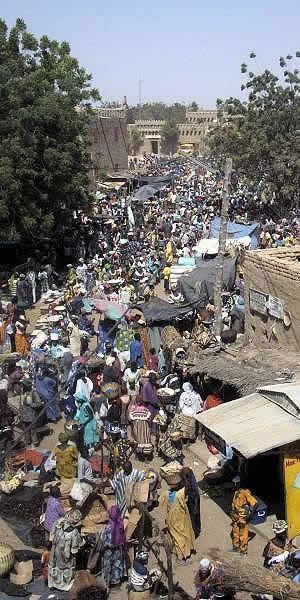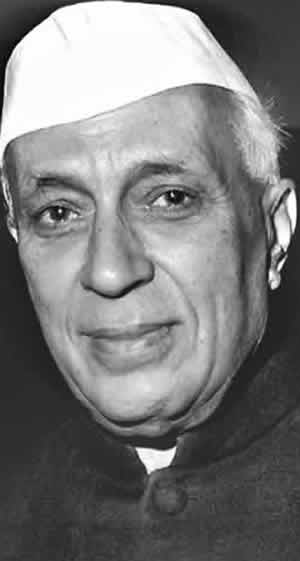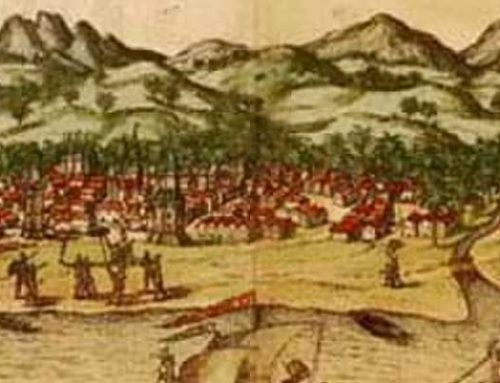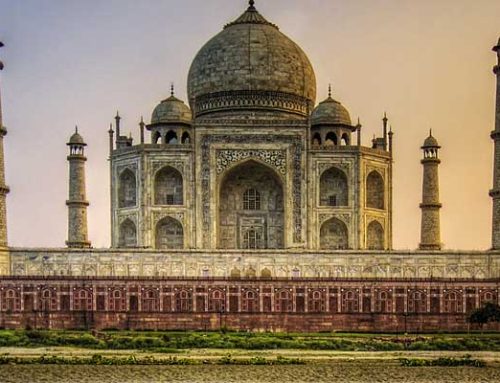India Since Independence
Today more than one billion people live in India. The nation is about one-third the size of the United States, but it is more than ten times as crowded. India is the world’s largest democracy—a government ruled by its citizens—but it is a difficult nation to govern.
India’s population has tripled since independence. Nearly one-sixth of all of the people of the earth live in India. Improved health care and increased food production has improved the Indian people’s lives, but the modernizations have also increased the speed of India’s growth.
Indians speak more than 800 languages and dialects. A dialect is a local form of a language. While the Indian government has attempted to make Hindi the national language, but many speakers of other Indian languages resisted. They felt that if they gave up their own languages, important parts of their cultural heritage would disappear. About half of the Indian people speak Hindi, English, or both.
Mahatma Gandhi believed that once the subcontinent achieved independence, the Indian people should go back to their traditional way of life. Villages would learn to take care of themselves by raising their own food and learning to spin and weave their own clothing. Gandhi believed that India was not ready for modernization, but India’s first Prime Minister—Jawaharlal Nehru disagreed.
Nehru wanted India to become more like European nations. During Nehru’s seventeen years in office, India built factories, highways and railroads. Today, India is one of the world’s largest industrial nations. In 1984, poison gas leaked from an American chemical plant in Bhopal, India. The gas leak killed over 2,500 people and prompted many Indians to reconsider the costs of modernization.
India’s hostile relationship with Pakistan has recently gained world attention. The two nations had fought three wars in fifty years. In 1998, Indian scientists conducted nuclear testing. Pakistan followed suit two weeks later. Both nations implied they had the means to use nuclear weapons on enemy targets.
Nations around the world condemned the testing; the United States. Many people are alarmed at the prospect of a nuclear war between India and Pakistan, but others see hope. Since the nations now have the power to destroy one another, they may come to the conclusion that settling their disputes by force is no longer an option.
Resources
Download this lesson as Microsoft Word file or as an Adobe Acrobat file.
Lexile Measure 1000L
Mean Sentence Length 14.12
Mean Log Word Frequency 3.34
Word Count 367
Mr. Donn has an excellent website that includes a section on India.

Nearly one-sixth of all of the people of the earth live in India.

Jawaharlal Nehru (1889 – 1964) was active with the Mahatma Gandhi in the Indian Independence movement. Nehru late governed as the first Prime Minister of India from its establishment as an independent nation in 1947 until his death in office in 1964.



